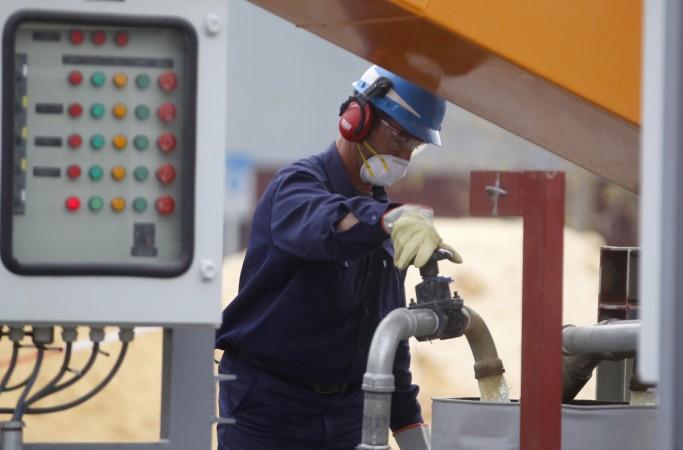
With increasing domestic consumption of petroleum products, India would run short of its production by 2030, warned Indian Oil Corporation's (IOC) director of refineries Sanjiv Singh. The country with a refining capacity of 230 million tonnes (MT), is presently a net exporter of petroleum products.
The government is also seeking to ramp up its refining capacity to 300 MT in 15 years. However, Singh told Economic Times that the planned expansion of refineries may not be adequate to meet the growing demand, both domestically and for exports. He pointed out that the country's surplus capacity too was not as robust.
Over the last two years, India's net export of petroleum products had fallen continuously to hit 32.3 million tonnes (MT) in fiscal 2016 from 42.6 MT the previous year.
Data shows that fall in petroleum product export coincides with growth in domestic consumption. In 2015-16, consumption of petroleum products increased 11 per cent to 183 MT, while the production grew nominally by 4.5 percent.
Singh pointed out that the situation should not worry India as there was always the option of importing. However, he highlighted that the opportunity to invest in production ramp up was more lucrative as the country is slated to achieve a 7.6 percent growth this year, and would continue to put up good performance going ahead.
"Nothing is going to drastically change till 2030. Oil and gas consumption is going to grow even till 2040," he said on the impact of green fuels on oil and gas business. However, disruptive technologies cannot be discounted, he cautioned.
The official noted that given India's strength in refining, it may not be well suited to import refined oil products as much as importing the crude oil itself. "The crude market is very wide but the products are available only with a few companies," he told ET.
IOC, Bharat Petroleum, Hindustan Petroleum and many private refiners like Essar and Reliance Oil are all expanding their production capacity. However, the problem of environmental damage from refining remains, unless clean development mechanisms are invented and implemented.
Oil products basically include petrol, diesel, naptha, ATF and feedstock for petrochemical plants and other industries. In 2014, India was the fifth largest refiner in the world after the U.S., China, Russia and Japan.













